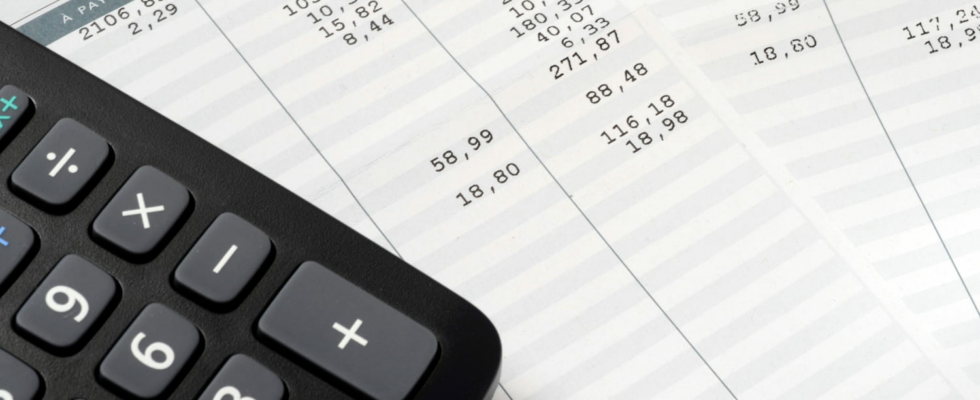Despite the promises of political parties of all stripes, these are not the times when prices are falling. This year again, a tax necessary for an essential service will unfortunately increase.
If everyone knows the income tax or the value added tax, the famous VAT, other compulsory levies are less well known, even though they are paid by all citizens. In terms of local taxation, many taxes exist and are not always well identified or well understood, because they are grouped and paid within the property tax. This is particularly the case for the household waste removal tax, the TEOM, paid by almost the entire population… and the amount of which increases every year.
Perceived by local authorities, such as municipalities or intermunicipalities, the TEOM finances the collection and processing of household waste, that is to say that produced by individuals, such as food residues, cardboard or plastic packaging. glass, household appliances or plant waste. Concretely, it is this tax which allows each citizen to take out their trash without seeing it accumulate on the sidewalk, then to eliminate or recycle the waste depending on its nature.
All owners of accommodation subject to property tax must pay the TEOM, and those who have rented their accommodation can re-invoice it to their tenant through recoverable charges. In fact, almost all citizens therefore pay the household waste collection tax. As it is an annex to the property tax, it appears on the same tax notice as this one. Its amount, base, rate and associated management fees are specified on the back of the property tax notice.
Concerning its amount, it is determined by applying a rate, voted by the local authority which collects it, to a tax base which is the same as that of the property tax, i.e. half of the cadastral rental value of the property. property. This tax base is revised every year to take into account inflation and, after a jump of 7.1% in 2023, it will increase by another 3.9% this year. The amount of the TEOM will therefore increase by at least 3.9% in 2024 for all taxpayers, to which may be added an increase in the tax rate in the communities which decide so.
It is also likely that the TEOM will continue to increase in the coming years. Because if new practices, such as collecting garbage at voluntary drop-off points rather than door-to-door, make it possible to save money, waste treatment is becoming increasingly costly. Ecological issues require ever more sophisticated sorting and recycling processes, and therefore more expensive, and measures to reduce the waste produced, such as the installation of collective composters, involve expensive initial investments.
